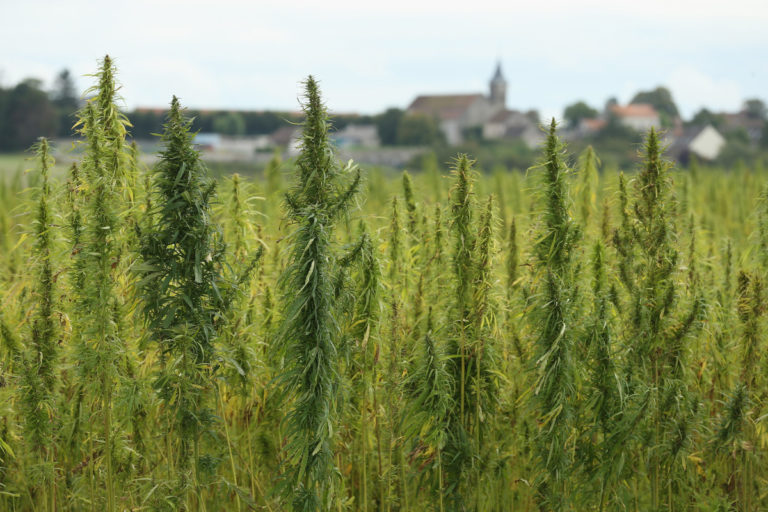Why Does CBD Make Me Sleepy?
For many individuals, consuming hemp-derived CBD products often brings about a sudden urge to rest. This effect has contributed to the growing popularity of CBD among people from all walks of life. But what is it about CBD that triggers this desire to relax and unwind?
The science behind CBD and its impact on the body is quite intriguing. While we have learned quite a bit about how CBD works, there is still much to discover. However, what we do know offers a glimpse into the fascinating ways this cannabinoid affects us.
What is CBD?
CBD is one of over 100 cannabinoids found within the hemp plant. Through centuries of selective breeding, it has become the most abundant cannabinoid. CBD is known for a range of properties that many people find beneficial, including its anti-inflammatory, neuroprotective, and calming effects.
As of now, Epidiolex is the only FDA-approved prescription oil for epilepsy. This medication, derived from CBD, requires a physician’s prescription and adheres to all relevant legal and regulatory requirements. Though it is the first CBD-based medication to receive FDA approval, its success has opened the door for potential future CBD treatments.
Current Research on CBD’s Medical Potential
The Mayo Clinic highlights that CBD is currently being studied as a treatment for various conditions, including Parkinson’s disease, schizophrenia, diabetes, multiple sclerosis, and anxiety. However, the research supporting its effectiveness remains limited at this time.

How CBD Affects the Endocannabinoid System
CBD works within the body through the endocannabinoid system, a critical network that influences various functions. The National Center for Biotechnology Information explains that this system regulates many bodily functions, including cognition, pain perception, appetite, memory, sleep, immune response, and mood by modulating neurotransmitter release.
Understanding Cannabinoid Interaction with the Body
Cannabinoids work with the body’s endocannabinoid system, primarily through the CB1 and CB2 receptors. These receptors, which are linked to G-proteins, send signals within cells, and while CB1 receptors are predominantly in the central nervous system, both CB1 and CB2 receptors can also be found in peripheral tissues throughout the body.
When consuming a CBD product, especially a full-spectrum one, the cannabinoids are introduced to these receptors, allowing them to transmit various signals. For instance, the receptors may send information about the anti-inflammatory properties to areas of the body, such as aching joints, helping to address discomfort.
How CBD Might Contribute to Sleepiness
Though CBD itself is not directly responsible for sleepiness, it can contribute in other ways. Its calming and relaxing effects can promote the relaxation needed for sleep. Additionally, its anti-inflammatory properties may alleviate symptoms that typically disrupt sleep. In essence, while CBD doesn’t necessarily cause sleepiness, its effects can result in a feeling of drowsiness as a secondary outcome.
The Final Takeaway
Although CBD isn’t a direct cause of sleepiness, its calming properties can create a relaxing effect that makes individuals feel ready for sleep. For those incorporating CBD into their routines, whether in tinctures, gummies, or other forms, its diverse benefits can support a better night’s rest.
Hemp-derived CBD products offer value to people of all backgrounds, providing a natural means to unwind and promote sleep, even if CBD itself isn’t the sole contributor to a restful night.
As with any supplement, the effects of CBD vary by individual. Always consult with a healthcare provider if you have underlying health conditions or take prescription medication, and stop using CBD if you experience side effects like dizziness or nausea.






